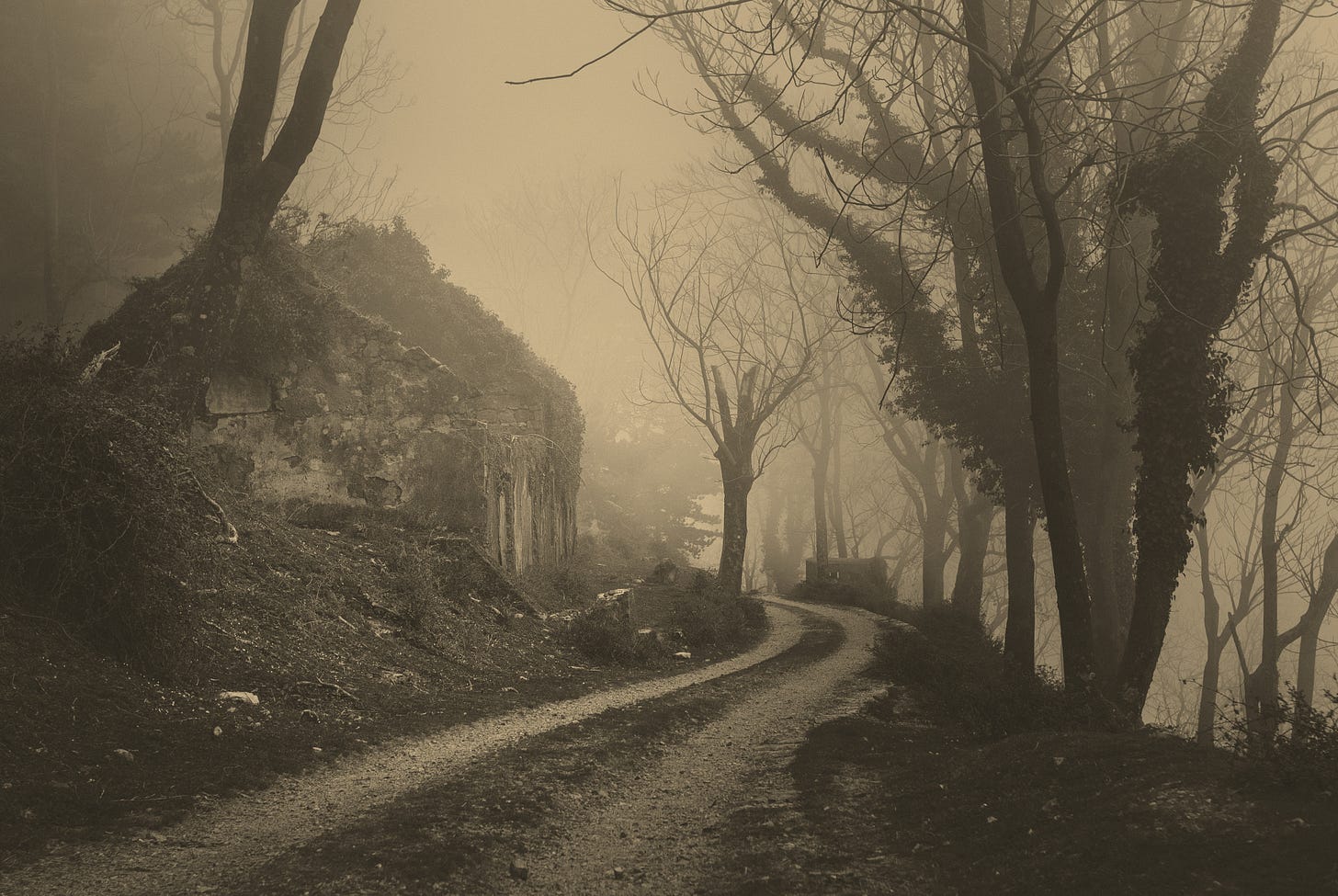Open Manuscript Notes, #1
A new discussion thread for supporters
Since I’ve now shifted most of my focus and writing towards this upcoming manuscript (it’s due to my editor 1 April), I’ve decided I’m going to write occasional discussion posts for paid supporters full of fragments and threads of thought related to the research and thinking I’m doing towards it.
I think it will be interesting for us both. You’ll get glimpses into the way my mind works, and I’ll get a chance to write out and hopefully discuss some nascent observations with an intelligent audience. I hope you’ll consider commenting.
So, here’s what I’ve been reading and thinking about this week.
Wokeness is religious, but so are all politics
This is probably one of the most underdeveloped points in many of the theories and criticisms I’ve read regarding woke ideology, though many people have made initial attempts at unraveling this.
An unfortunate legacy of the transition to capitalism and the “age of reason” is that we’ve all come to make a distinction between religious/theological thought and ideology and political thought. We imagine that our ancestors were all extremely superstitious just four hundred years ago, but that all suddenly ended and now everything is modern and secular.
It’s like we all instantly “evolved”: every way of thinking about the world suddenly threw off its theological roots and transformed itself into a fully rational belief system. But we didn’t. However, because we keep telling ourselves we did, we cannot see the obvious theological and religious dimensions of our political institutions and ideological formations.
The key here is the concept of cosmology. Every political formation constellates the world according to certain rules and then operates from the co-ordinates it has set. Marxism quite obviously has a cosmology: the whole bit about history being a constant class struggle is in the same order of cosmological thinking as a Christian’s belief that humans were expelled from Eden. On that matter, though, classic liberalism also posits a kind of fall from grace, along with a route towards bringing the kingdom of heaven onto earth.
Also, conclusions to certain theological questions are woven invisibly into most political conflicts. The question of idealism versus materialism is ultimately a question about the nature of the divine. Idealism posits that we shape the world according to our thoughts, and these thoughts are independent from matter itself (just like the Christian god, the ultimate thinking being who stands outside of creation). Materialism insists the opposite: thought is a product of material conditions and the material world. It doesn’t come from outside nature because there is no such thing as “outside” nature. This, as I have written about in All That Is Sacred Is Profaned, is also the animist and polytheist framework.
So the question then is not whether any political ideology is religious, but rather what are the cosmological constellations through which that ideology operates.
Authoritarian, Totalitarian, Fascist…or Fundamentalist?
Tangential to this question is the search for a political ideology that most mirrors woke political ideology.
The short answer is that none of them do.
As background, I’ve heard from others that a populist accusation about my critiques is that I equate woke ideology with fascism. This is most obviously not true, especially since one of my major problems with Antifa is the way that accusations of fascism are no longer linked to any sort of understanding of historically-existing fascisms.
That is, fascism now means anything that people want it to mean, just like terrorism or democracy. We’re in the place Orwell complained about last century, in which “the word Fascism has now no meaning except in so far as it signifies "something not desirable.”
It always feels like a futile struggle, but it’s important we keep terms as close to their historical meaning as possible, or at least re-introduce those meanings whenever possible. If you’ve read Being Pagan, you’ve probably noticed I’m obsessed with etymology, and that’s one of the reasons why. Another reason is that tracking the changes in a word’s meaning helps us understand the historical forces which caused those changes.
So, though I doubt any of the sorts of people who claim I believe the woke are ‘fascist’ ever take the time to read my writing, let’s be clear: they’re not. Neither, however, are most of the people or ideologies currently smeared as fascist.




